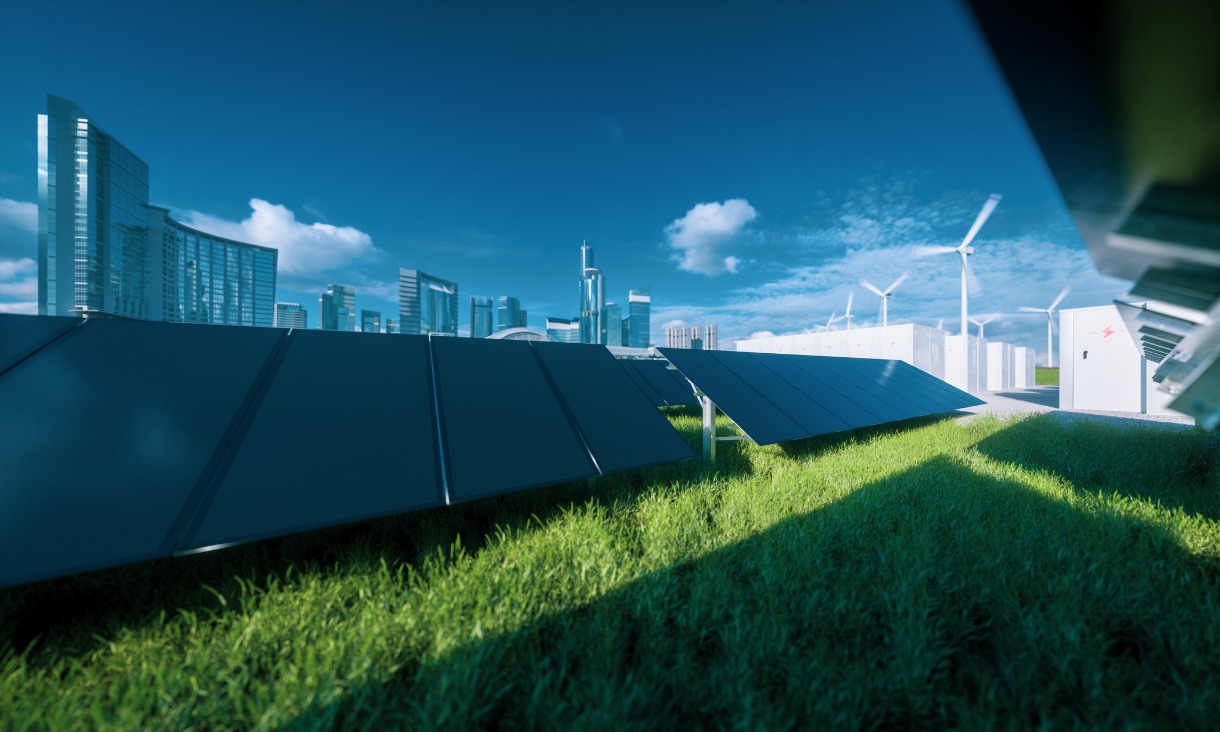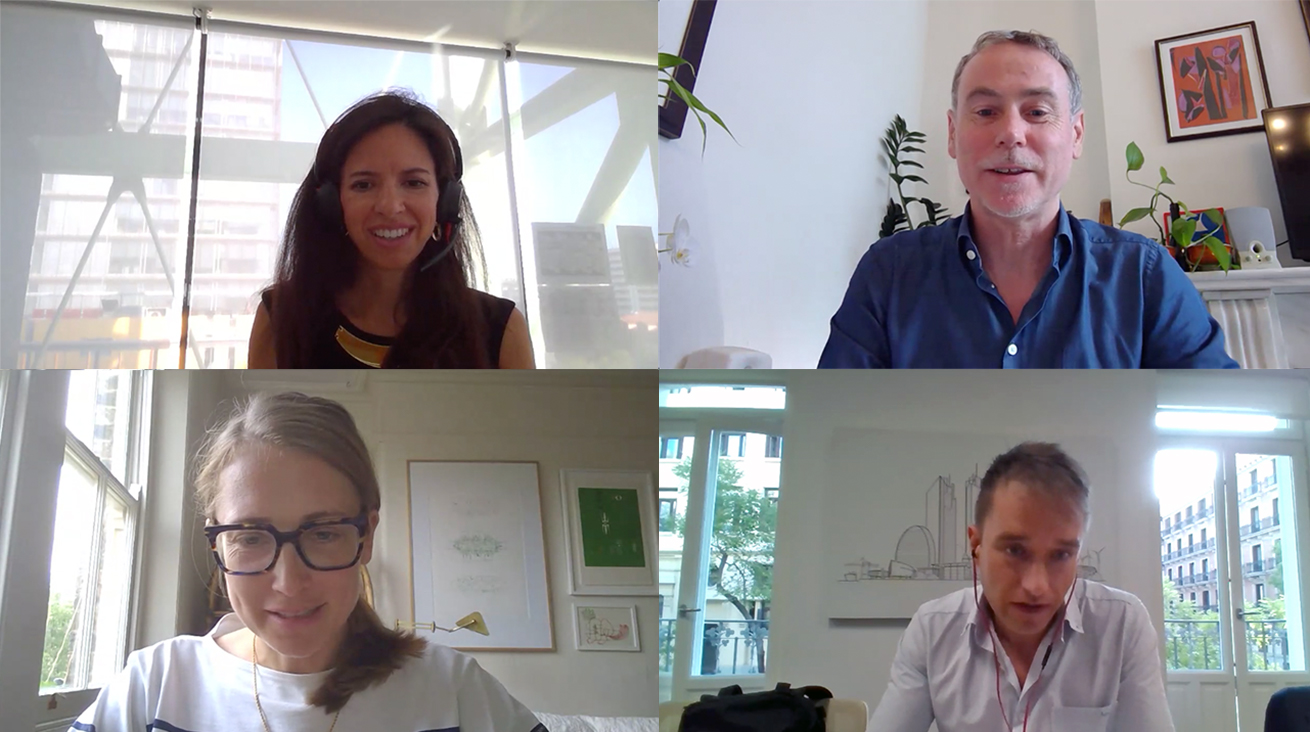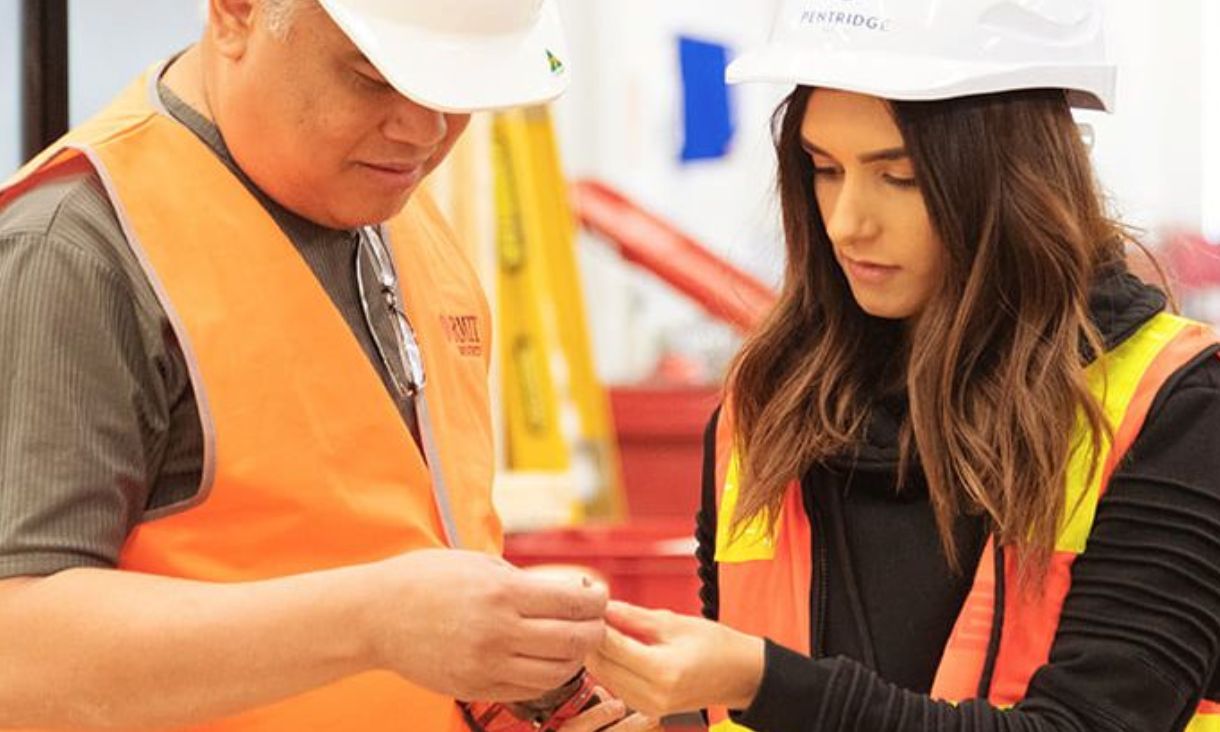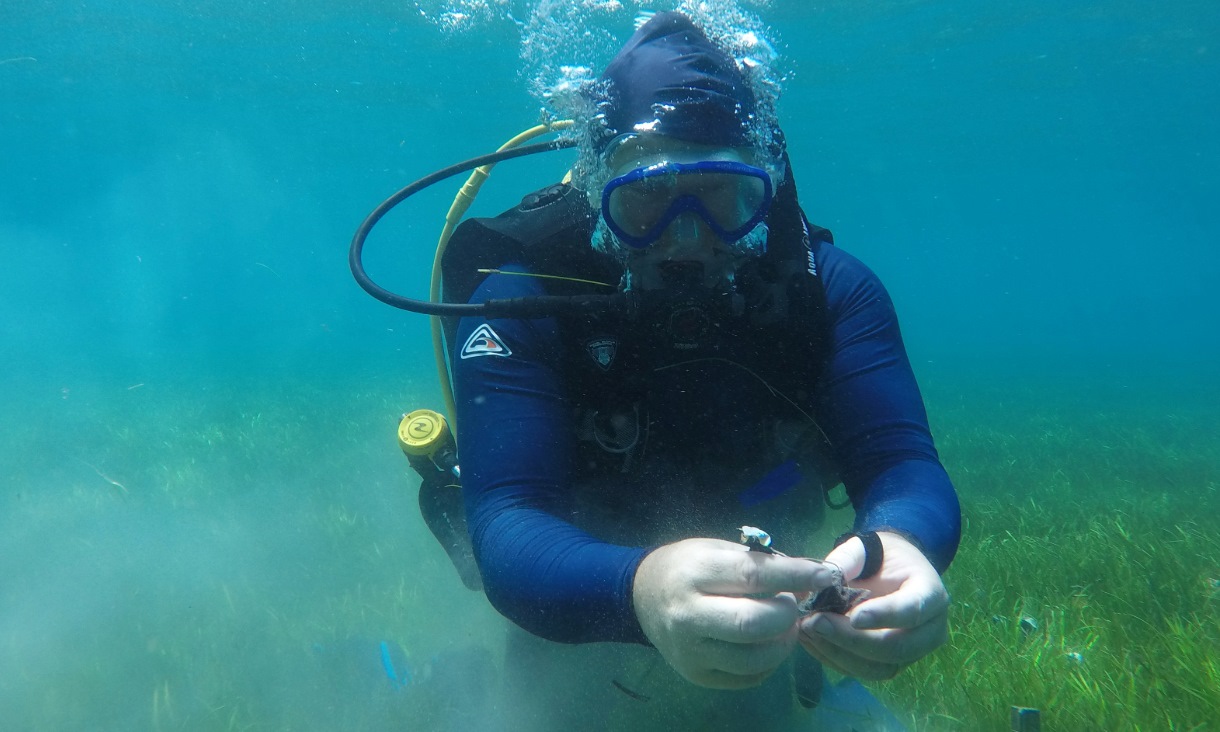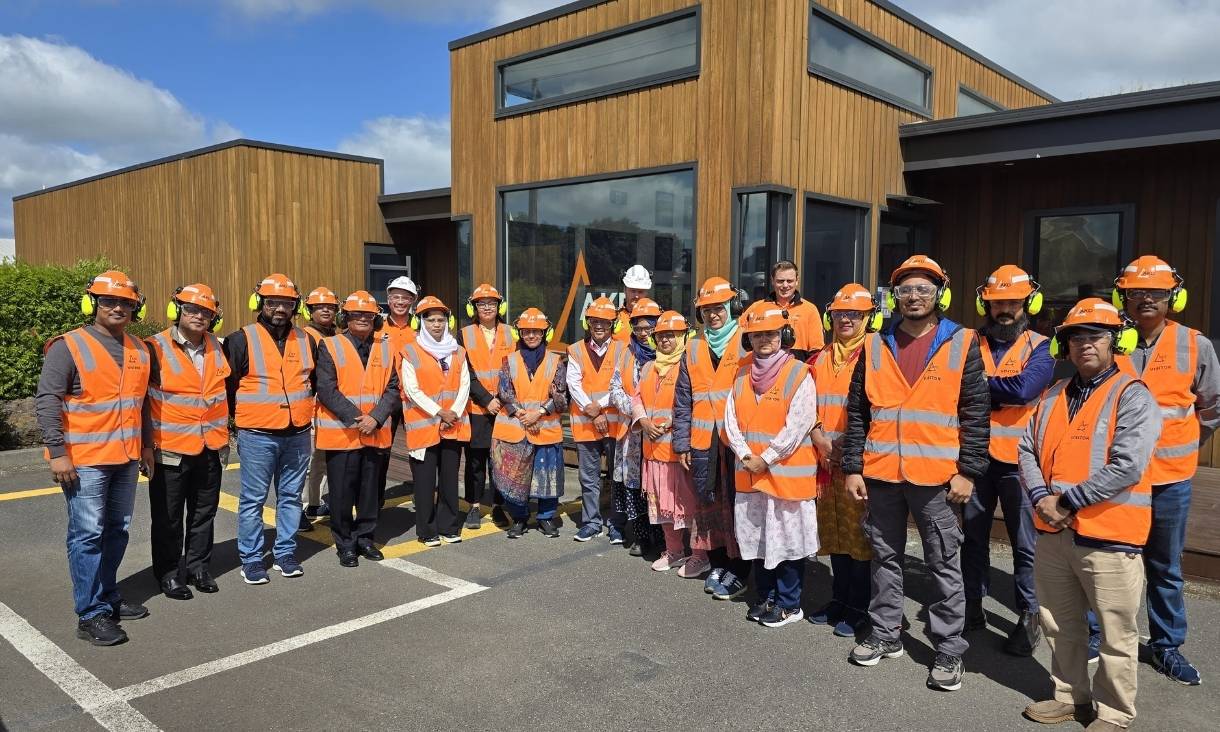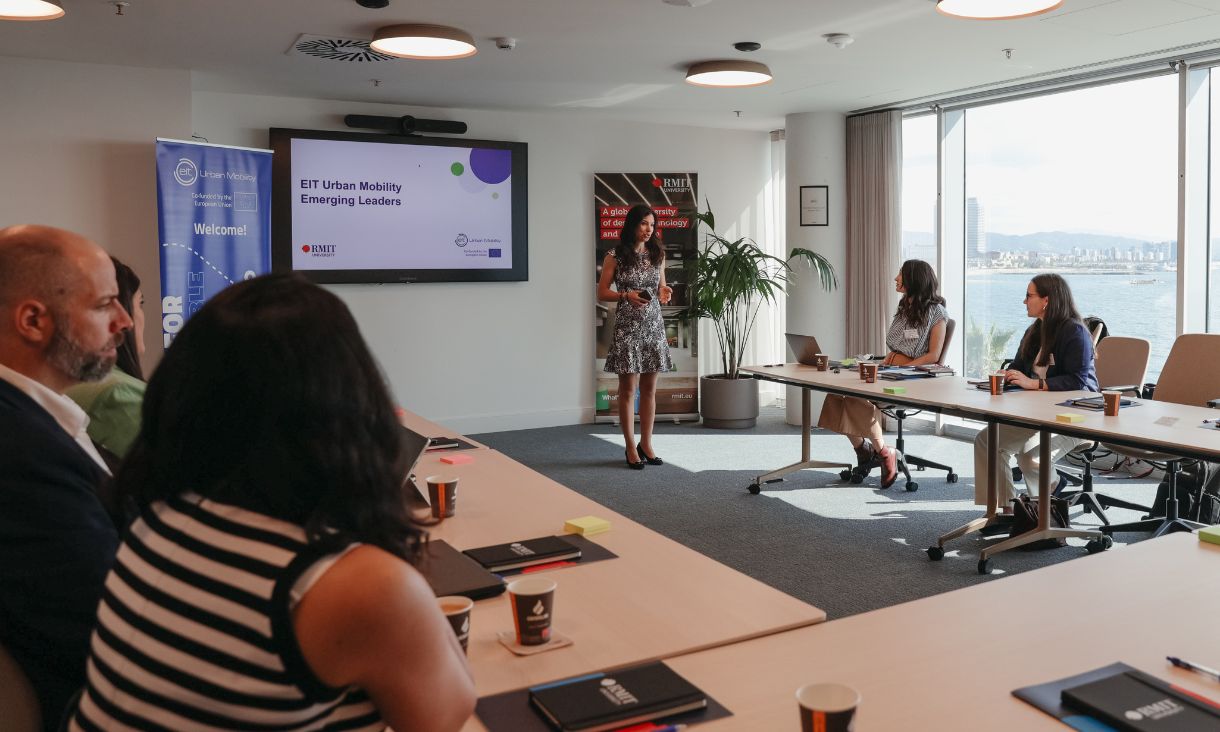A future investment in green infrastructure
Governments around the world are investing in construction and infrastructure to stimulate economy recovery – and there’s a big focus in Europe on green infrastructure and refurbishments to improve the efficiency of buildings.
Steve Watson, Technical Lead (New Museum) at the Museum of London, is helping to deliver one of the world’s first smart museums.
“My focus integrates design and operations with engineering systems data to realise efficiencies,” he said.
"This data is important to not only inform the efficient operation of buildings – it’s also information that’s important to the people visiting these spaces.
“Museums, along with other public spaces, need to provide information that people can trust so they feel comfortable when they visit,” Watson said.
“This is one significant change as a result of the pandemic that I believe is here to stay – more awareness and attention to building health such as air quality, lighting and temperature, for example.”
Skills needs now and in the future
Castro, Watson and Thomson all agree that skills in digital transformation are critical – from automating design for efficiency and the use of static and live data for digital twins (a virtual replica of an asset) through to understanding how to use big data in meaningful ways.
But soft skills are also just as important.
Throughout her career, Thomson said that her most successful projects were those founded on collaboration across cross-disciplinary teams.
“Working with a diverse range of people – in terms of both technical skills as well as life experience and backgrounds – will help to tackle challenges from different angles,” she said.
“I would encourage our future industry professionals to not be afraid to ask for advice. The success of your career will rely on the relationships that you build along the way and will only benefit from mentoring, both formal and informal.
“And finally, be curious. Ask other people what they're building or working on, understand the priorities of other teams and the people who they're talking to,” Thomson said.
“Knowing how your larger organisation works will help you to understand the broader vision of which you are part of and strengthen your standing in the company as you build those connections.”
Story: Karen Matthews
